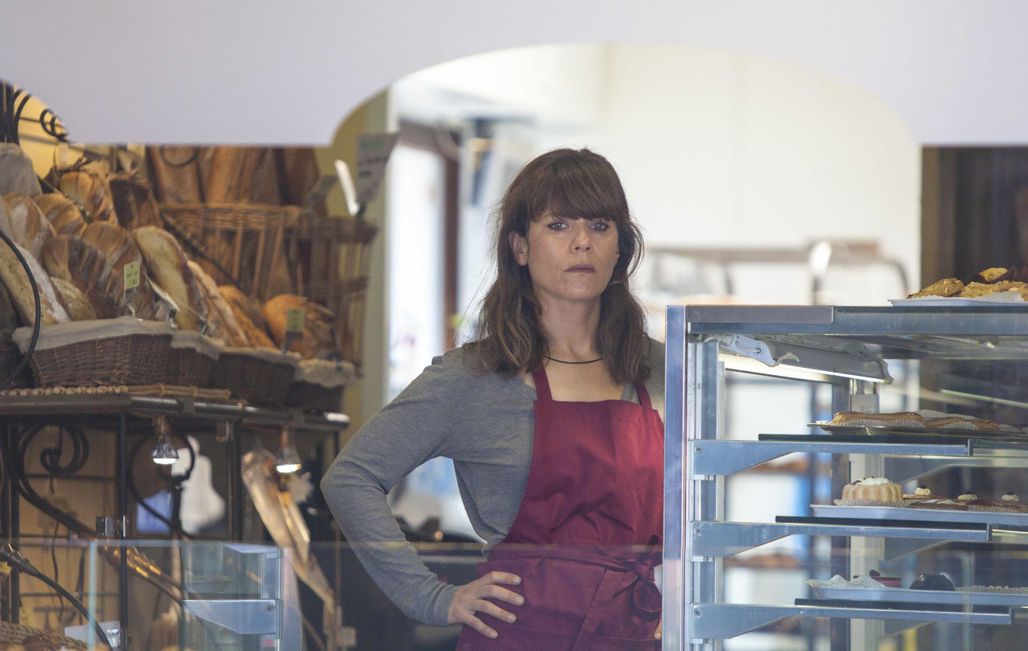
Interview with Stefano Mordini about Pericle il Nero (Pericle)

Stefano Mordini's seventh feature film, Pericle il Nero (Pericle), narrates the escape of Pericle, a former member of the Naples mafia forced into exile following the murder of a woman from the enemy clan during a mission.
How did your film come about?
Everything started three years ago. Riccardo Scamarcio and I were thinking about a film to direct together. He asked me to read a novella called Pericle il Nero again, a work which we'd both loved. I'd kept the book in a recess of my mind, even though it had been published in Italy years before, in 1993.
What appealed to you in the novella?
I was immediately fascinated by the character of Pericle, for his immorality and his very crude sense of what existence is, but also for the gentleness driving him despite his tough way of looking at life. I looked for a narrative thread in the book and found it, with Pericle's story of an orphan searching for a family in order to no longer be alone. Strangely, this is a theme which I've been concerned with since my first film.
What genre of film did you have in mind?
I wanted to make a genre film, a film noir, but with a criminality in all its misery, without heroism and without anyone being able to gain anything from the violence. I like to think of Pericle il Nero (Pericle), as an existentialist film noir.
“Italian cinema is doing well in terms of creation.”
Please say a few words about your actors.
Riccardo Scamarcio isn't just a talented actor; he lives and breathes film. He knows how to read, understand, and get the best out of a film. That's talent. Marina Foïs and he are two of a kind, and she too is never afraid. She knows how to listen to her body and how to use irony, which is very important in film. Maria Luisa Santella, Gigio Morra, and Lucia Ragni are from a different mould, and consider the text as sacred. They learn the script by heart, line by line, and transpose the smallest characteristics. It's their way of making the words important and appropriating them.
How do you see the film industry in your country?
There's a shift in Italy at the moment. New producers have introduced new practices which involve international partners and television to a greater extent. Independent cinema is tightening its belt, but that's what wins the most prizes at festivals. Italy is an extraordinary country, abound with talent that we don't exploit properly. Italian cinema is doing well in terms of creation. From an industry perspective, there has been a divide between the audience and the production/distribution for some time.
Which?
Newly opened multiplexes have pushed away audiences who, with great love, came to independent cinemas. The now-accepted idea of relocating cinemas from the city centres has killed a unique relationship with the viewers, to no good effect.
Can you tell us about your next project?
I'm working on a film based on a book called Le Tre Pallottole written by the Italian journalist Maurizio Torrealta. It's about scientific research and in particular "cold fusion" and its use in weapons research.


